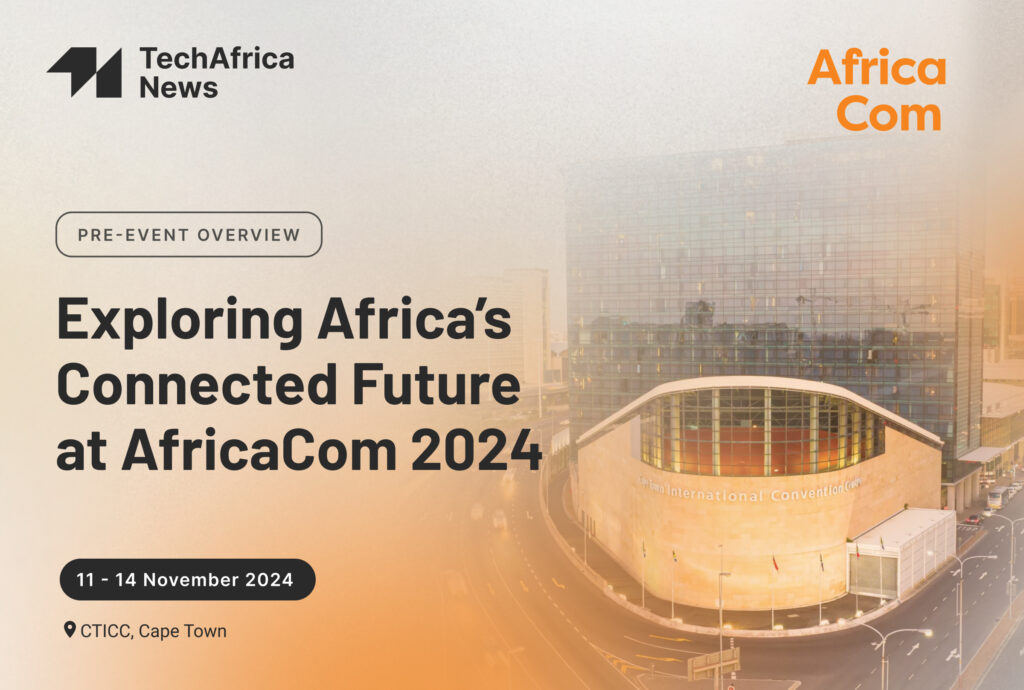EIB Report 2024 Highlights Easing Financial Conditions in Africa Amid Persistent Access-to-Finance Challenges

The European Investment Bank (EIB) has released its ninth annual report, offering an in-depth analysis of Africa’s financial landscape. The report spans key topics such as Africa’s banking systems, financial markets, digitalization, fintech, and climate finance, drawing insights from the EIB Banking in Africa Survey 2024. Conducted between February and March 2024, the survey covered 51 banks across sub-Saharan Africa, with the report also referencing data from the World Bank Enterprise Surveys and other sources.
This year’s report expands the EIB Financial Conditions Index to cover ten countries: South Africa, Egypt, Nigeria, Kenya, Morocco, Côte d’Ivoire, Ghana, Tunisia, Senegal, and Zambia. After a period of severe financial tightening from mid-2021 to mid-2023, conditions began to ease in mid-2023, particularly benefiting smaller countries new to the index. The most intense tightening period followed the onset of the Ukraine conflict, impacting countries with weaker sovereign credit scores. Since then, financial conditions have gradually relaxed, indicating more favorable economic prospects for these regions.
However, access to finance remains a persistent obstacle for Africa’s private sector. Private sector credit has declined significantly, from 56% of GDP in 2007 to 36% of GDP in 2022, stifling capital growth and hampering industrialization efforts. This lack of credit availability, combined with weak capital stock growth, has posed a major barrier to private sector expansion and industrial development in the region.
While sub-Saharan banks have benefited from higher interest rates, their profits have been driven in part by increased holdings in government bonds, which have yielded strong returns. However, as sovereign bond yields show signs of declining, these profits may soon face downward pressure. The report emphasizes that addressing structural issues in access to finance will be critical for fostering sustainable economic growth and resilience in Africa.





